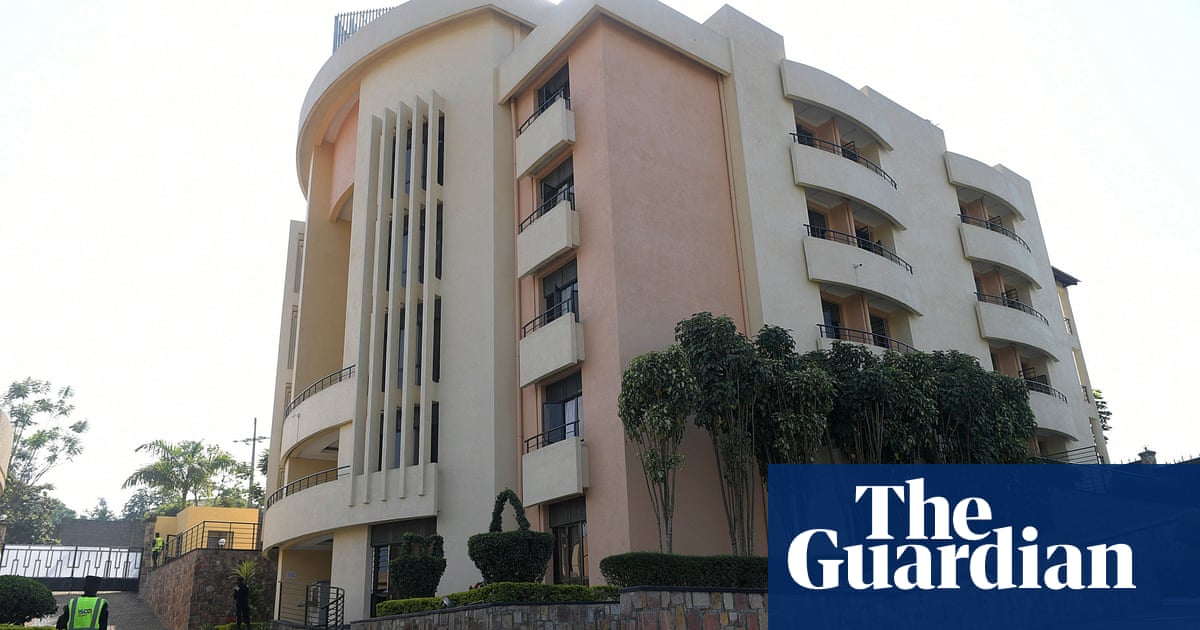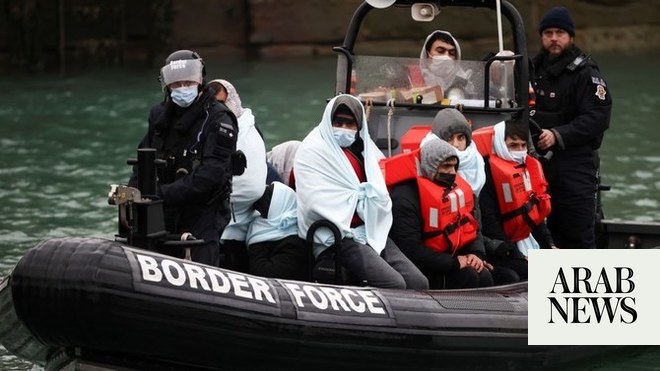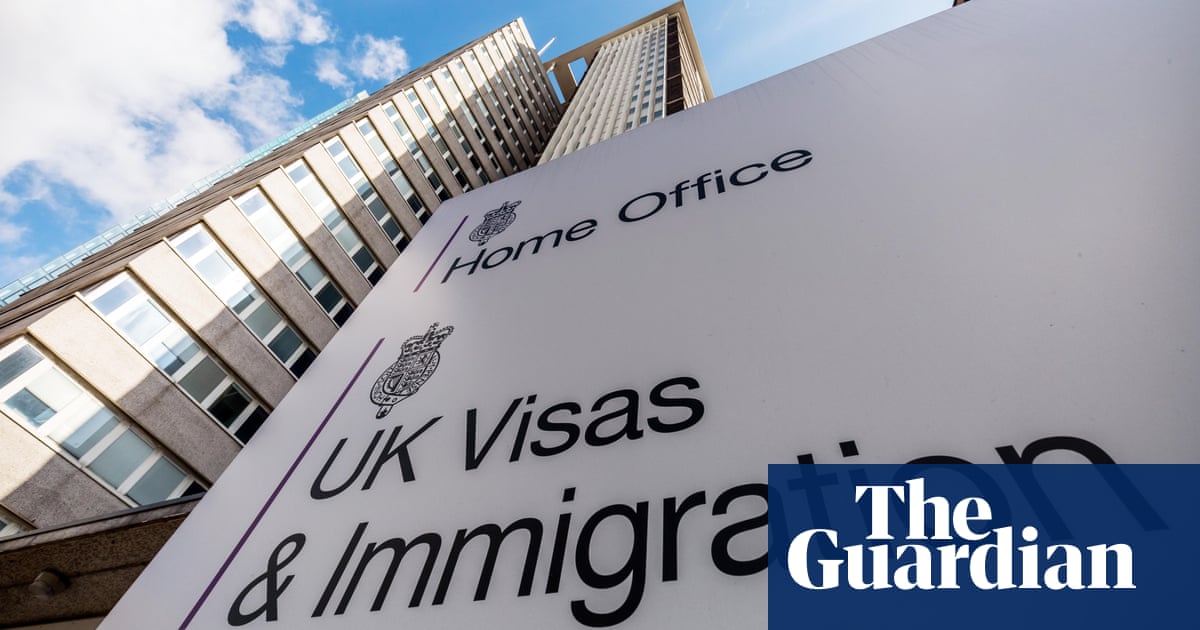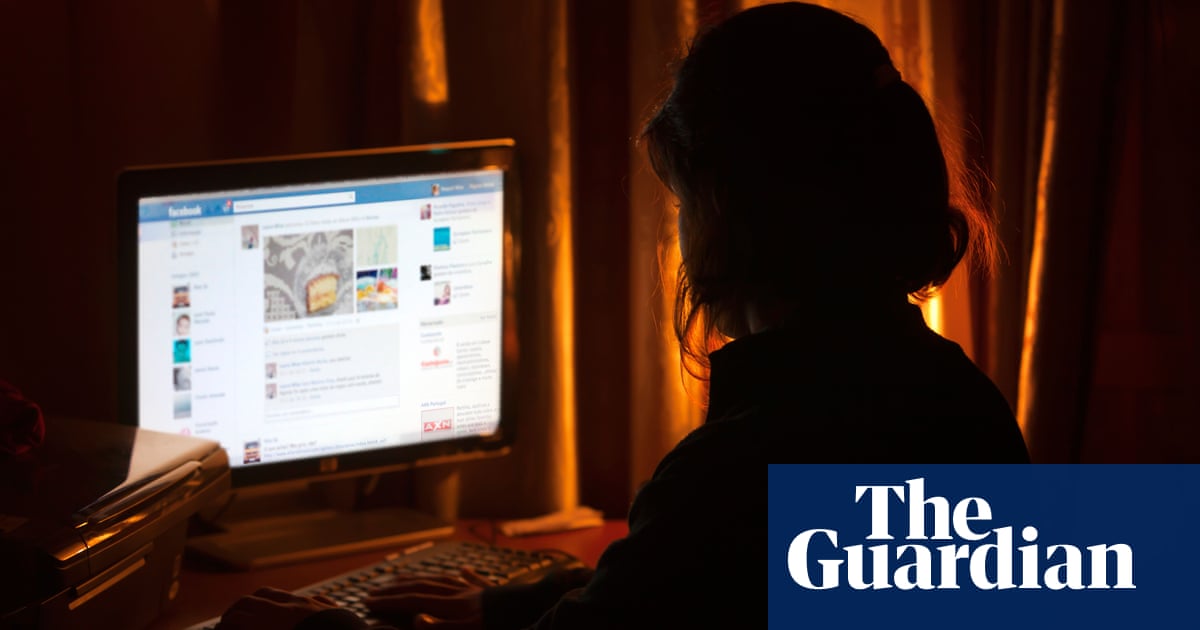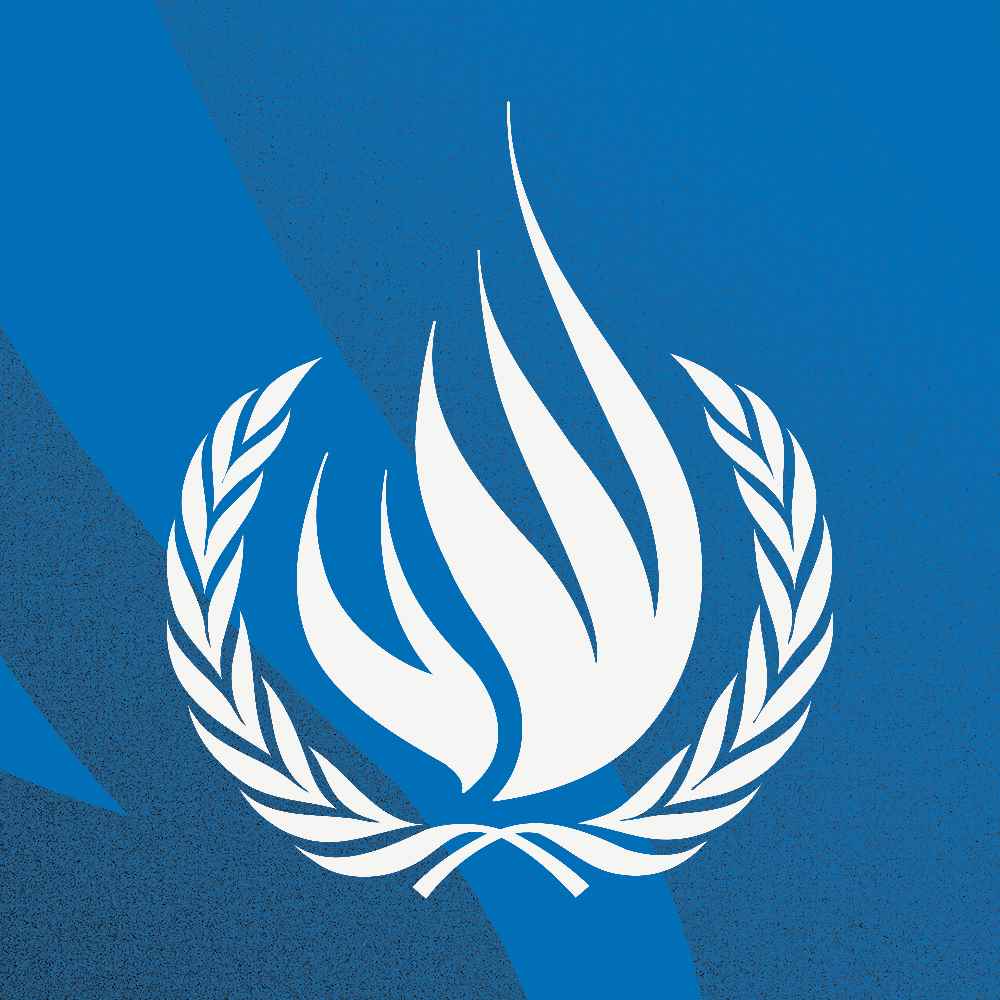
GENEVA (11 April 2023) – The United Kingdom must ensure the protection of all children seeking asylum without discrimination and put an end to the practice of placing unaccompanied children in hotels, UN experts* said today.
“We are deeply concerned at reports that unaccompanied asylum-seeking children are going missing and are at high risk of being trafficked within the UK,” the UN experts said.
They expressed alarm at the current policy and practice of housing unaccompanied asylum-seeking children in temporary hotel accommodations instead of under the responsibility of local authorities.
“The current policy of placing unaccompanied asylum-seeking children in hotels places them outside of the UK child protection system and is discriminatory,” the expert said, adding that failures and gaps in child protection heighten risks of trafficking.
They stressed the urgent need to trace the missing children, and to provide human rights compliant reception conditions and protection for unaccompanied children seeking asylum – without discrimination on grounds of nationality, migration status, race, ethnicity and/or gender.
“The UK Government appears to be failing to abide by its core obligations under international human rights law to ensure the best interests of the child, without discrimination, and to prevent trafficking of children,” the experts said.
They noted reports that 4,600 unaccompanied children have been housed in six hotels since June 2021, and that 440 of these children had disappeared and 220 remained unaccounted for as of 23 January 2023, the majority of whom were Albanian nationals.
“The practice has allegedly developed in a climate of increasing hostility towards victims of trafficking and contemporary forms of slavery, refugees, asylum seekers and migrants,” the experts said. Some Members of Parliament have reportedly been critical of victims of trafficking seeking protection under the Modern Slavery Act and the National Referral Mechanism, undermining the State"s obligation to protect victims and to prevent trafficking and contemporary forms of slavery.
The experts have been in contact with the UK Government regarding these concerns.
ENDS
*The experts: Siobhán Mullally, Special Rapporteur on trafficking in persons, especially women and children, Felipe González Morales, Special Rapporteur on the human rights of migrants,
Tomoya Obokata, Special Rapporteur on contemporary forms of slavery, including its causes and consequences
The Special Rapporteurs are part of what is known as the Special Procedures of the Human Rights Council. Special Procedures, the largest body of independent experts in the UN Human Rights system, is the general name of the Council"s independent fact-finding and monitoring mechanisms that address either specific country situations or thematic issues in all parts of the world. Special Procedures" experts work on a voluntary basis; they are not UN staff and do not receive a salary for their work. They are independent from any government or organization and serve in their individual capacity.
For more information and media requests, please contact Hee-Kyong Yoo (yoo@un.org)
For media inquiries related to other UN independent experts, please contact Maya Derouaz (maya.derouaz@un.org) or Dharisha Indraguptha (dharisha.indraguptha@un.org)
Follow news related to the UN’s independent human rights experts on Twitter @UN_SPExperts
Concerned about the world we live in?
Then STAND UP for someone"s rights today.
#Standup4humanrights
and visit the web page at http://www.standup4humanrights.org








